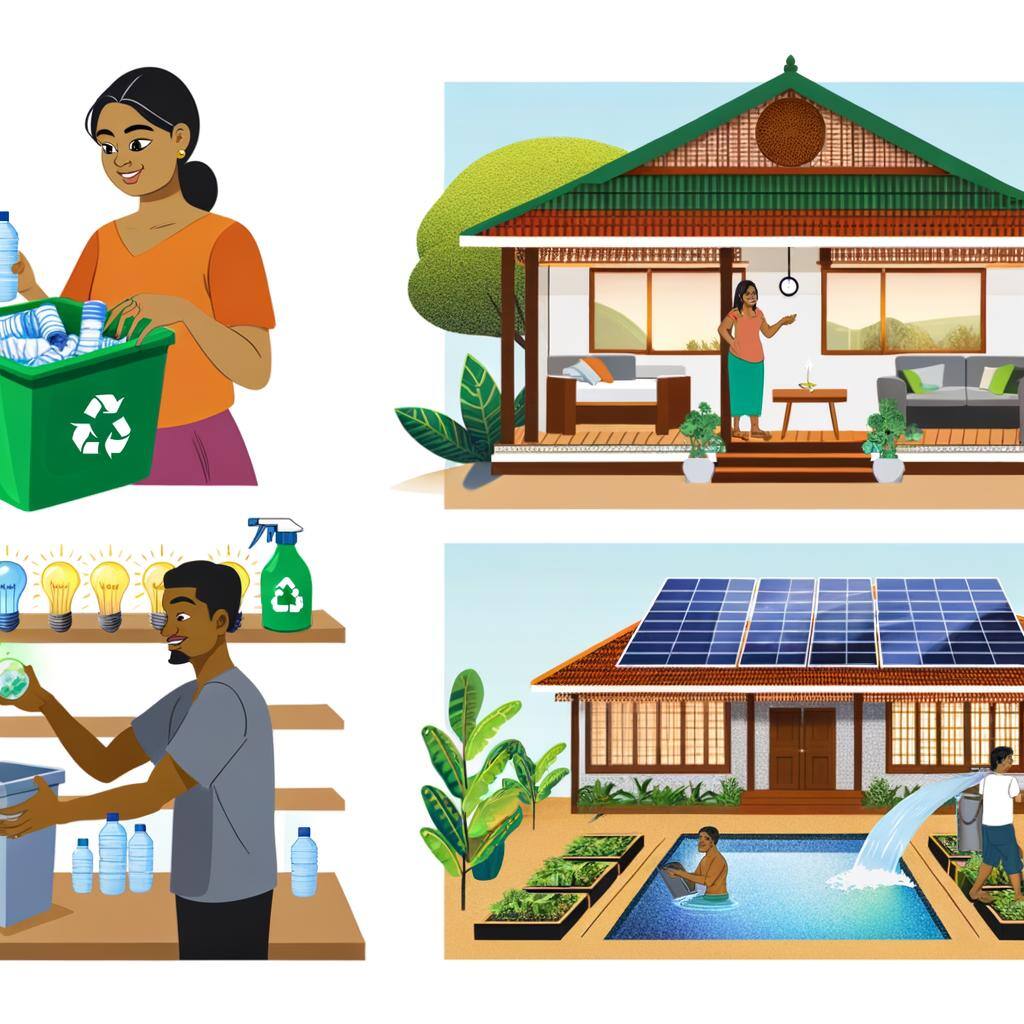As the demand for sustainable travel grows, vacation rental owners have a unique opportunity to contribute to environmental conservation while enhancing guest satisfaction. Implementing eco-friendly practices not only reduces your property’s carbon footprint but also appeals to environmentally conscious travelers. Here are five key strategies to make your vacation rental more sustainable:
1. Implement Energy-Efficient Solutions
Start by replacing traditional light bulbs with LED bulbs, which use at least 75% less energy and have a longer lifespan. Opt for Energy Star-rated appliances, designed to be more efficient in energy use, thereby reducing overall energy consumption. Additionally, installing smart thermostats can significantly cut down on energy usage by optimizing heating and cooling schedules based on guest occupancy.
2. Reduce, Reuse, Recycle
Encourage recycling by providing clearly labeled bins for guests to easily sort their waste. To reduce single-use products, offer reusable alternatives such as cloth napkins, glass water bottles, and metal straws. Furnishing your rental with upcycled furniture or decor not only adds unique charm but also promotes sustainability by reusing materials that might otherwise go to waste.
3. Opt for Eco-Friendly Cleaning Products
Using natural cleaning products minimizes the release of harmful chemicals into the environment and reduces the risk of allergic reactions among your guests. Stock your property with supplies that are biodegradable and free from harsh chemicals, ensuring a safer and greener cleaning routine.
4. Promote Water Conservation
Install low-flow shower heads and dual-flush toilets to reduce water usage without compromising guest comfort. Place gentle reminders in bathrooms and kitchens to encourage water conservation practices among your guests. These simple measures can significantly lower water consumption and promote a more sustainable stay.
5. Support Local and Sustainable Businesses
Create a guidebook featuring local eco-friendly businesses, such as restaurants that source local ingredients or shops that sell sustainable goods. This initiative not only enhances the guest experience by providing them with curated, eco-friendly options but also supports local economies and reduces the carbon footprint associated with transportation.
By integrating these sustainable practices into your vacation rental, you contribute to environmental conservation while offering a unique and appealing experience to your guests. Embrace eco-friendly hospitality and make a positive impact on both the planet and your business.


